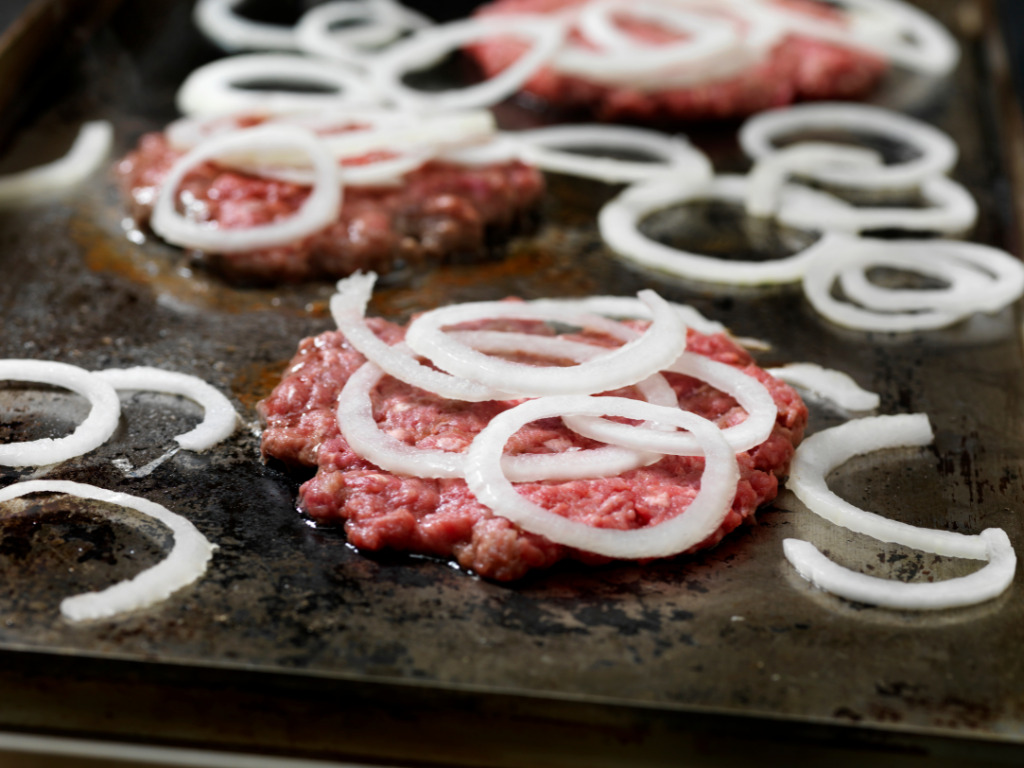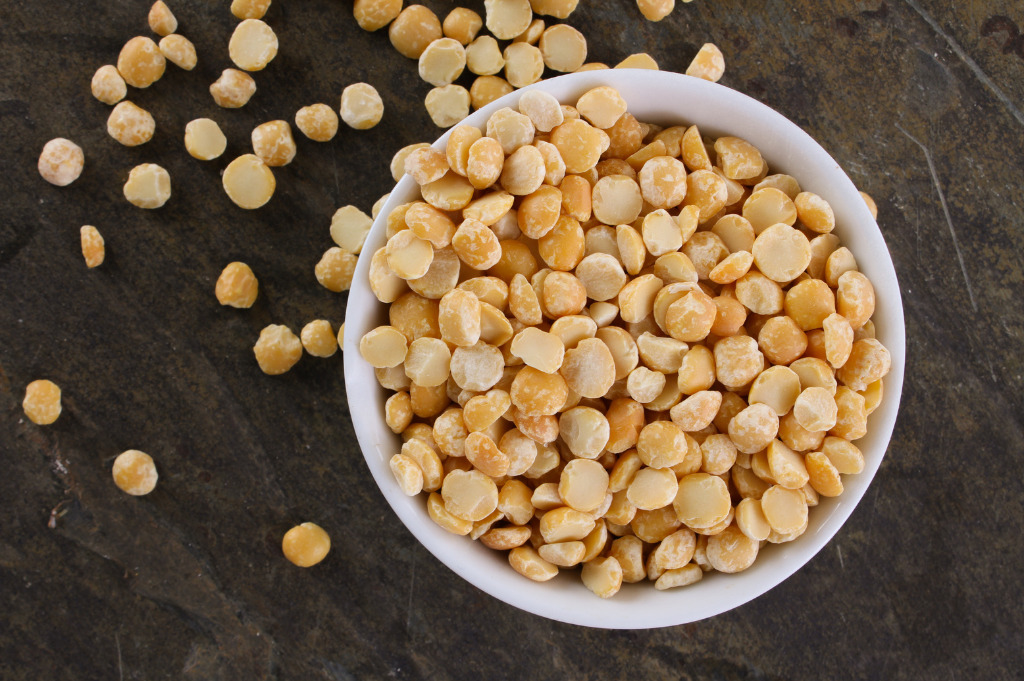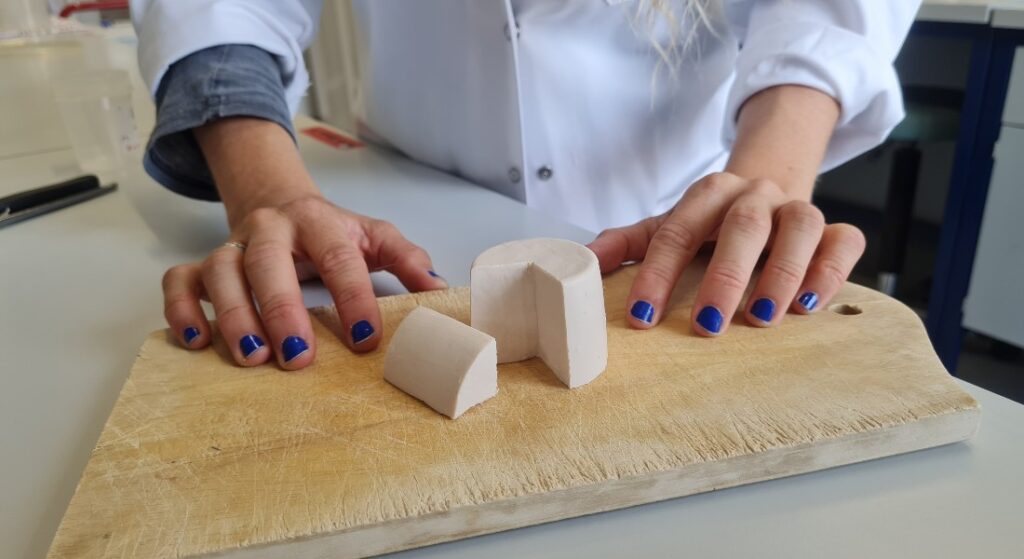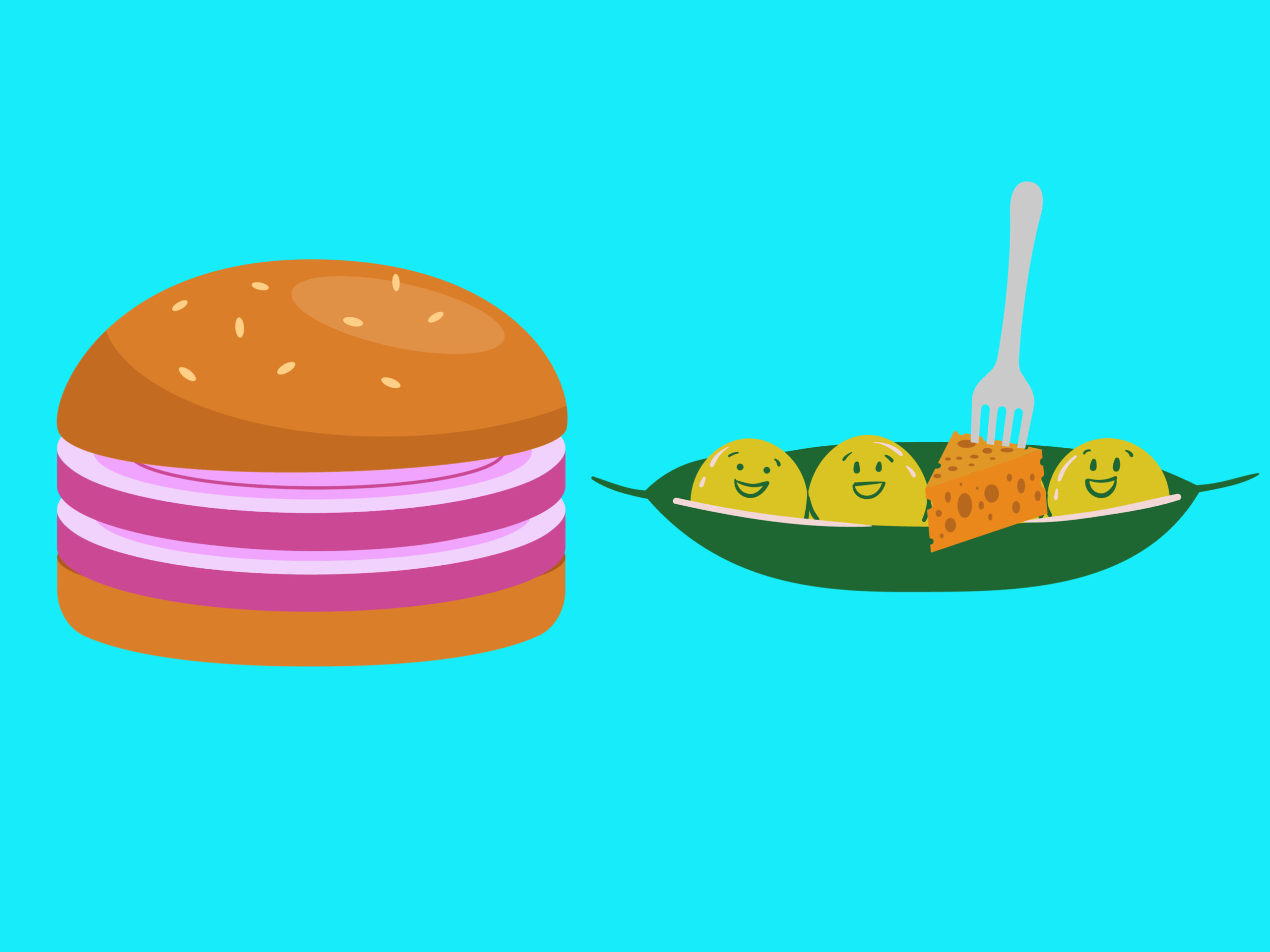Back to the Future: Using Traditional Fermentation to Make Vegan Cheese Cheesier and Plant-Based Meat Meatier
5 Mins Read
We’re at a point where artificial intelligence is helping us make better food and more realistic alternatives to animal-derived proteins. But if two new studies are anything to go by, it’s not new tech, but an age-old technique, that could be the key to making plant-based meat and cheese more like their conventional counterparts. The answer is fermentation.
While fermentation is already a big deal in the alt-protein world (it’s known as the third pillar alongside plant-based and cultivated proteins), the majority of the focus is on companies using novel fermentation methods like biomass or precision techniques. But traditional fermentation – you know, the one we’ve been using for millennia to make bread, beer, yoghurt and wine – shouldn’t be overlooked, according to two new studies.
Taste is the number one factor for consumers not eating vegan alternatives to animal products, or choosing some brands over others. In our quest to make our plant-based meat meatier and cheese cheesier, researchers say the age-old technique of fermentation could hold the key.
Fermenting alliums to make better plant-based meat

Last month, the American Chemical Society’s Journal of Agricultural and Food Chemistry published a study positing a solution to the challenge of replicating meat’s taste and texture: alliums. Specifically, onions, chives and leeks.
The researchers argue that when fermented with fungi, these ingredients produce natural chemicals that resemble the savoury scent of meat. They say that when manufacturers want to make alt-meat meatier, they’ll often add “precursor ingredients” found in conventional meat that transform into flavour agents during cooking. Alternatively, the flavour is prepped first by heating or chemically manipulating these precursor ingredients.
But the synthetic nature of these products means many countries won’t allow these plant-based meats to be labelled as ‘natural’. To do so, ‘natural’ flavourings would need to be extracted physically from plants or genetically biochemically with enzymes, fungi or bacteria.
This is the backdrop in which research lead YanYan Zhang and his colleagues attempted to explore if fungi strains that are known to produce meaty flavours and aromas from synthetic sources could be used to create the same chemicals from vegetables or spices. After experimentation with a whole host of foods, the team found that meaty aromas were only generated by ingredients from the allium family.
The strongest scent came from a 10-hour-long fermentation of onions using the fungus Polyporus umbellatus, which resulted in a fatty, meaty scent similar to liver sausage. With an analytical method called gas chromatography-mass spectrometry, the researchers examined the fermented onion to identify the flavour and aroma chemicals – and found that many of those are also known to be responsible for taste and scent in meat.
The researchers say that alliums’ high sulphur content enables them to yield meat-flavored compounds, which often contain sulphur too. “These onion ferments could someday be used as a natural flavoring in various plant-based meat alternatives,” they conclude. It makes sense, too – there’s a reason we add onions to our burgers as flavour and texture enhancers, no?
Yellow peas could elevate vegan cheese

In Denmark, scientists have been looking to transform peas and beans, which are naturally rich in protein, into bases for vegan cheese. Building upon research from last year, which found that yellow pea protein makes a good base for fermented plant-based cheese, University of Copenhagen’s Department of Food Science researcher Carmen Masiá has now developed an alternative that’s said to have a firm texture and improved aroma profile.
Cheese is, of course, one of the most popular fermented foods, and has been made this way for centuries. Many commercial vegan cheeses eschew fermentation altogether, though. Because plant proteins behave differently than milk proteins, they add starch or fat (like coconut oil) alongside colourings and flavourings to mimic dairy cheese. And while many artisanal dairy-free cheese makers use fermentation, the base is usually made from nuts.
Masiá is championing yellow pea protein – the fastest-growing protein ingredient in plant-based meat, including by industry giant Beyond Meat – as the catalyst for superior vegan cheese, by using natural fermentation with bacteria. She investigated 24 bacterial combinations for the development of the pea protein cheese.
“Bacteria can serve to develop firmness in non-dairy cheese in a very short period of time while reducing the bean-like aroma of yellow pea protein, which is used as the main and only protein source,” Masiá explains. She inoculated the bacteria in a protein matrix made from yellow pea protein, which resulted in a firm “cheese-like gel” reminiscent of a fresh soft white cheese after only eight hours.

Masiá said that while all bacterial combinations produced firm gels without the need for starch or fat and reduced the ‘beaniness’ of the cheese, some performed better than others at producing compounds normally found in dairy cheese. And while eight hours is a rapid timeframe, she says for better results, this cheese may need to mature for longer as conventional varieties do.
“One needs to remember that dairy cheese production has been studied over many years, so it’s not something that we can just mimic overnight with totally different raw materials,” Masiá notes. “Nevertheless, there are many scientists and companies out there doing great progress in the field; I hope that we will get closer to making non-dairy cheeses that taste good over the next few years. We are getting there.”
She adds: “The most challenging thing for now is that, while there are a lot of people who would like to eat plant-based cheese, they aren’t satisfied with how it tastes and feels in the mouth. In the end, this means that no matter how sustainable, nutritious, etc. a food product is, people aren’t interested in buying it if it doesn’t provide a good experience when consumed.”
It’s a concept as promising as it is intriguing. In an increasingly tech-driven world – where we’re using AI even to market vegan cheese, let alone develop it – using an ancient technique to produce food that’s better-tasting, more climate-friendly and, crucially, cost-effective can prove to be a game-changer. It truly is looking back to the future.



